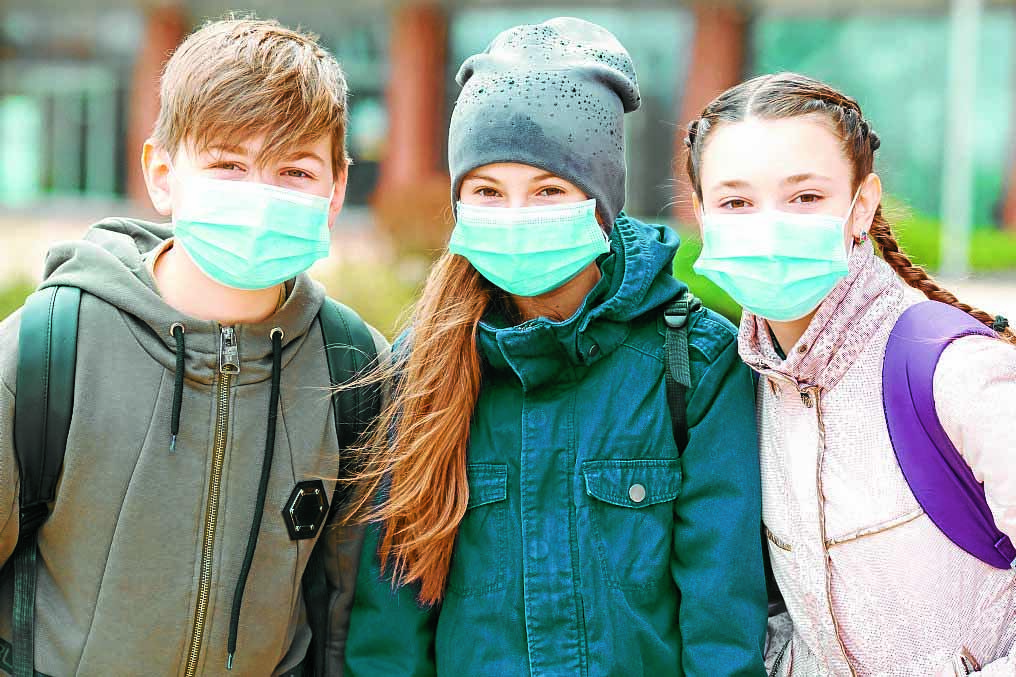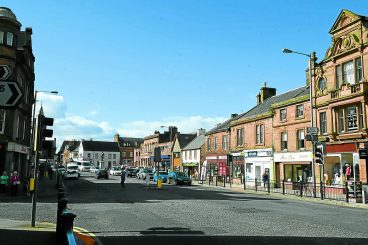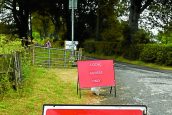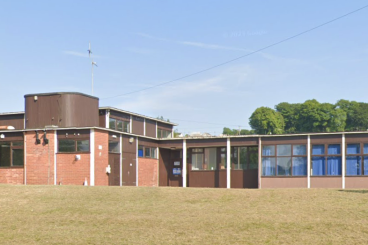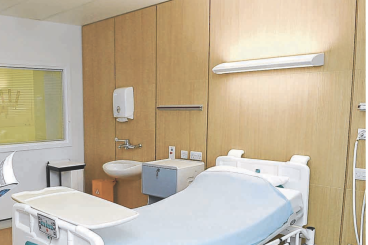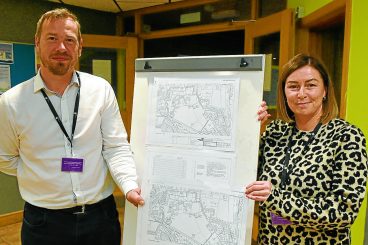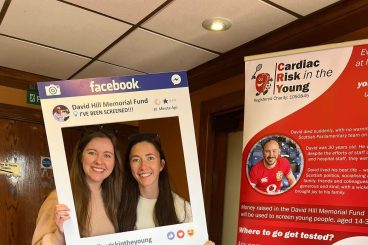Earlier this year the Scottish Government introduced new legislation which saw the amount of sugar and processed red meat reduced in school menus over the course of the week.
This has resulted in school menus being revamped, with more fruit and vegetables replacing typical junk foods such as rolls and sausage and high-sugar drinks for pupils.
However, the ordering of school meals has dropped 14 per cent in secondary schools on average, and seven per cent in primaries.
And councillors heard it mirrors the situation elsewhere in Scotland.
Council manager Alan Mawson produced a report on the issue for the last education committee.
And he explained that it is difficult to ascertain whether the decline is primarily down to healthier food being introduced, or whether the covid situation has played a part.
Mr Mawson said: “We can see a decline, and ultimately that will be a decline in nutrition across those pupils.
“Covid is masking what we would normally say is an impact on new legislation because we can’t actually define which one of the two is causing the bigger challenge that we’ve got.
“Certainly there’s behavioural change across many sectors. We see it in leisure, we see it in schools with meals.
“But the challenge is: the more pupils that don’t eat within the schools, then the question needs to be asked about those we were feeding, and now are not, is their nutritional diet better than what it was?”
The council officer explained that Dumfries and Galloway Council had previously sat in the top five in Scotland for uptake of school meals, adding: “We’re probably still sitting within those margins because across Scotland some local authorities are seeing as a decline of as much as 40 per cent in uptake.
“When you look at trying to tackle obesity in Scotland from the Scottish Government’s perspective, any decline in school meal uptake will potentially have a negative impact on nutritional balanced diets outwith the school.”





